
Skin rashes can be uncomfortable and unpleasant to look at. They are characterized by a change in your skin color or texture. There are many reasons why you may develop a rash, so the trick is getting to the root cause. While most rashes are not serious, if you develop a rash that spreads quickly and is accompanied by blisters and/or a fever, seek medical attention. There are many conventional and alternative approaches you can try to get relief. This article will help you find the cause of your rash and give you some help with some natural solutions.
Contact
You may develop a rash if your skin comes in contact with something that irritates it. Poison oak and ivy are two obvious examples. Other souces of skin irritants are personal care products, fabric dyes, molds, synthetic fabrics, plastics, latex, household cleaning products, and laundry soap. If you have changed brands of your personal care or household cleaning products, it may be easy to identify the cause of your rash.
Food Sensitivity
Food allergies and sensitivities are the most common reason that you may develop a rash. It can happen almost immediately or there may be a delay. If you're not cetain of what caused your rash, it may be best to simplify your diet and slowly add in one food at a time. The most common allergens are wheat, gluten, soy, corn, and dairy. Getting tested is another way to identify what you are reacting to.
Toxins
Your skin is your largest eliminative organ. If you've been exposed to toxins, and your body can't eliminate them, you may end up with a rash. Eating a healthy diet rich in dark fruits, leafy greens, fatty fish, and drinking pure filtered water may help. If that isn't enough, you may need to add detoxifying teas and supplements to help your body eliminate the toxins. Making sure you're getting enough beneficial bacteria in your gut can also help. You can either eat foods that are rich in prebiotics, probiotics and postbiotics, or take a high quality supplement.
Vitamin D
Vitamin D is critical for your overall wellness. Your body can make it from exposure to the sun on your skin in small regular amounts. It can also make it from some foods like egg yolks and fatty fish. Vitamin D has been studied for it's many roles in your health, including your skin health. Because most people spend so much time indoors, it is likely you are deficient. A good quality vitamin D supplement may help. Here is a great resource for finding a high quality supplement. Chiropracters, naturopaths, and functional medicine doctors are other sources for high quality supplements. You may also want to try adding vitamin C and quercetin for their health benefits.
Aloe Vera
Aloe vera gel has been used for thousands of years to calm inflammed skin. It is anti-inflammatory and is cooling and soothing to the skin. It comes from the leaf of the aloe plant which is a succulent. It contains up to 200 active compounds including vitamins, minerals and amino acids that can help your skin. And as an added benefit, it is antibacerial.
Did this help you? If so, I'd greatly appreciate it if you commented and/or share it on social media.

Email: sharonledwards@hotmail.com
Facebook: https://www.facebook.com/sharonledwardsbiz/


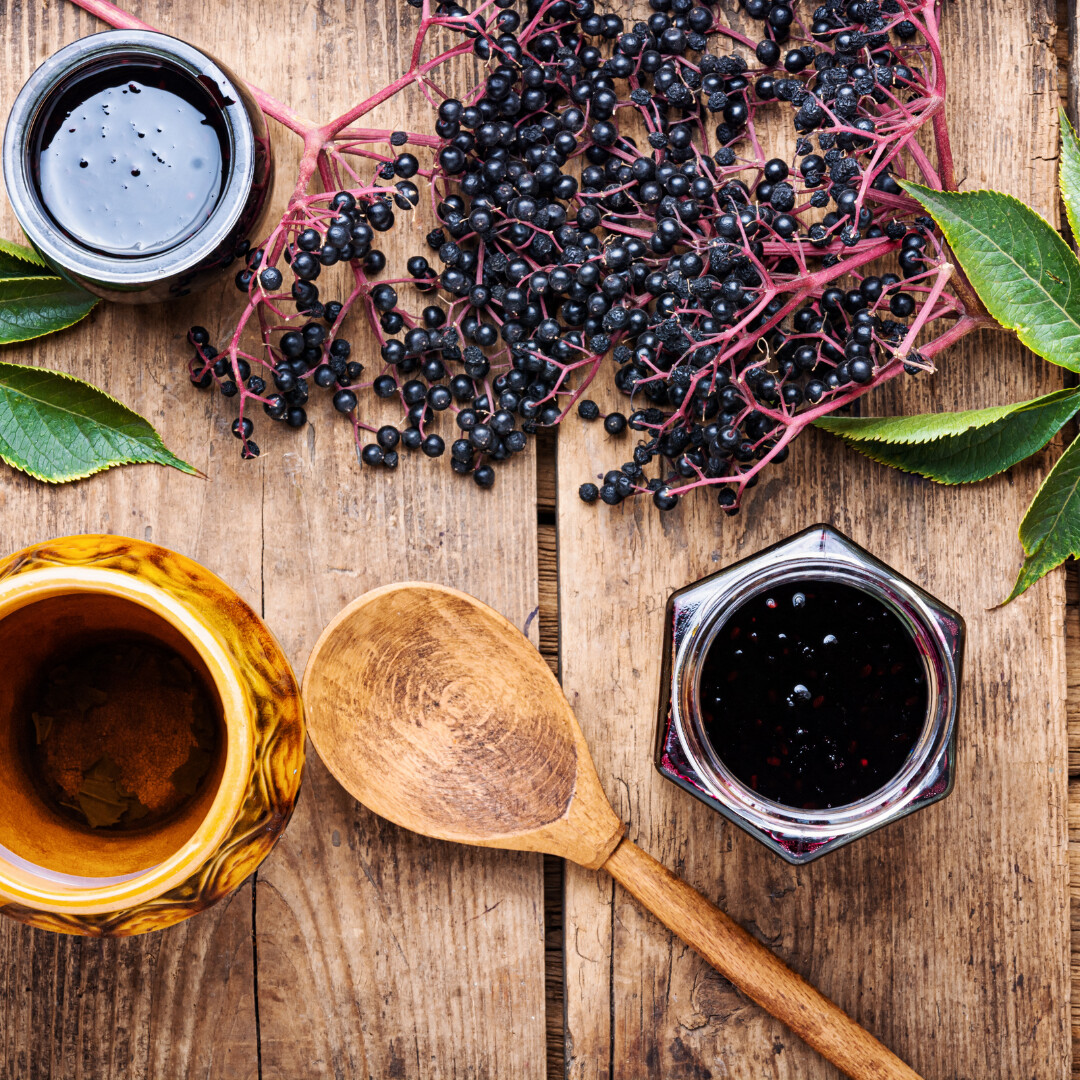
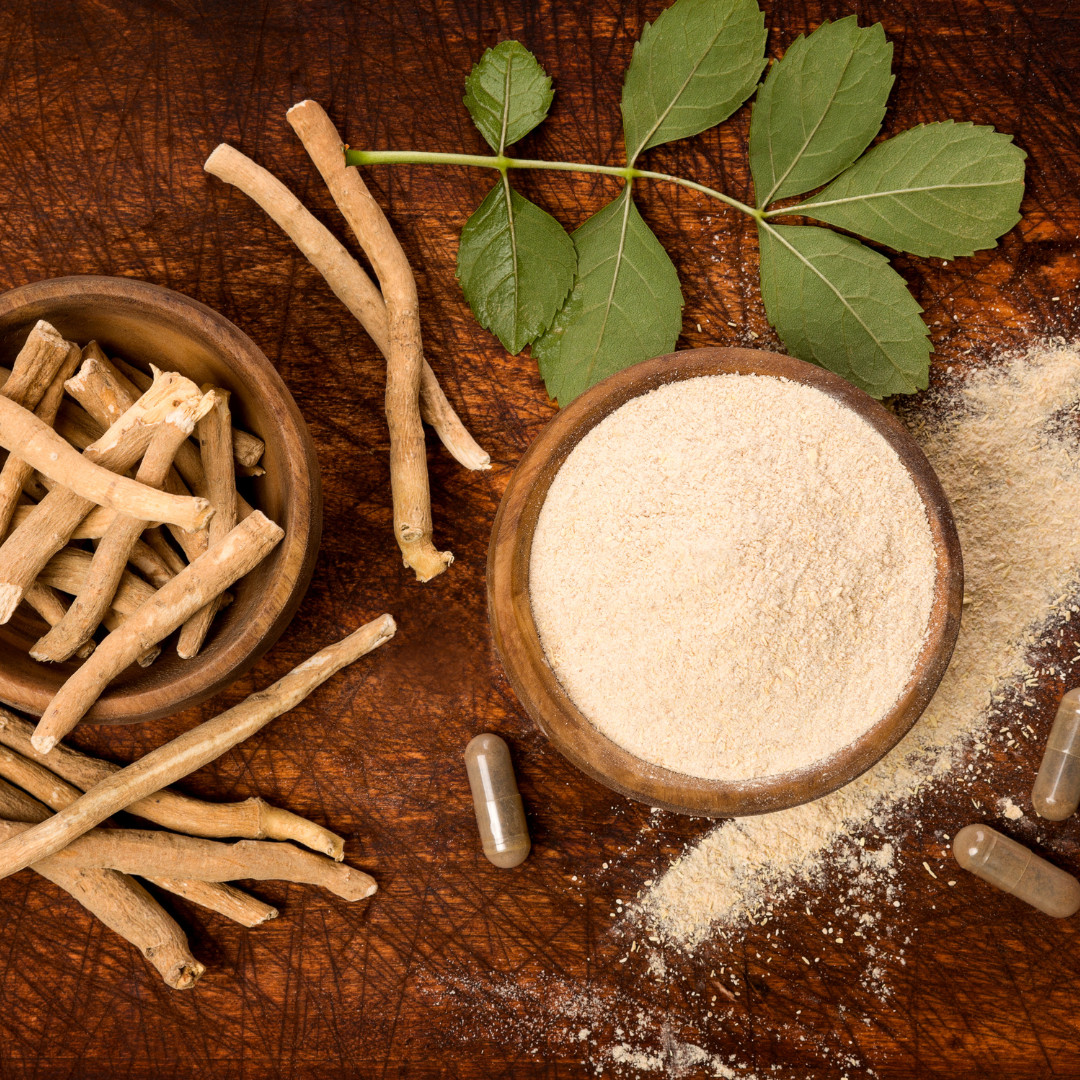


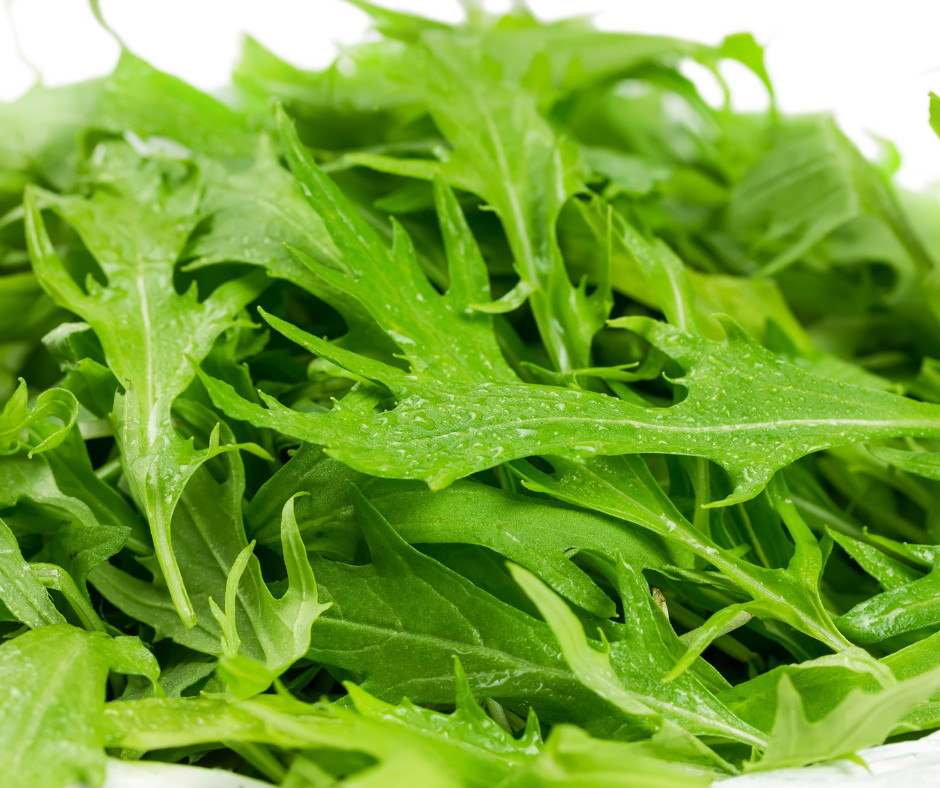

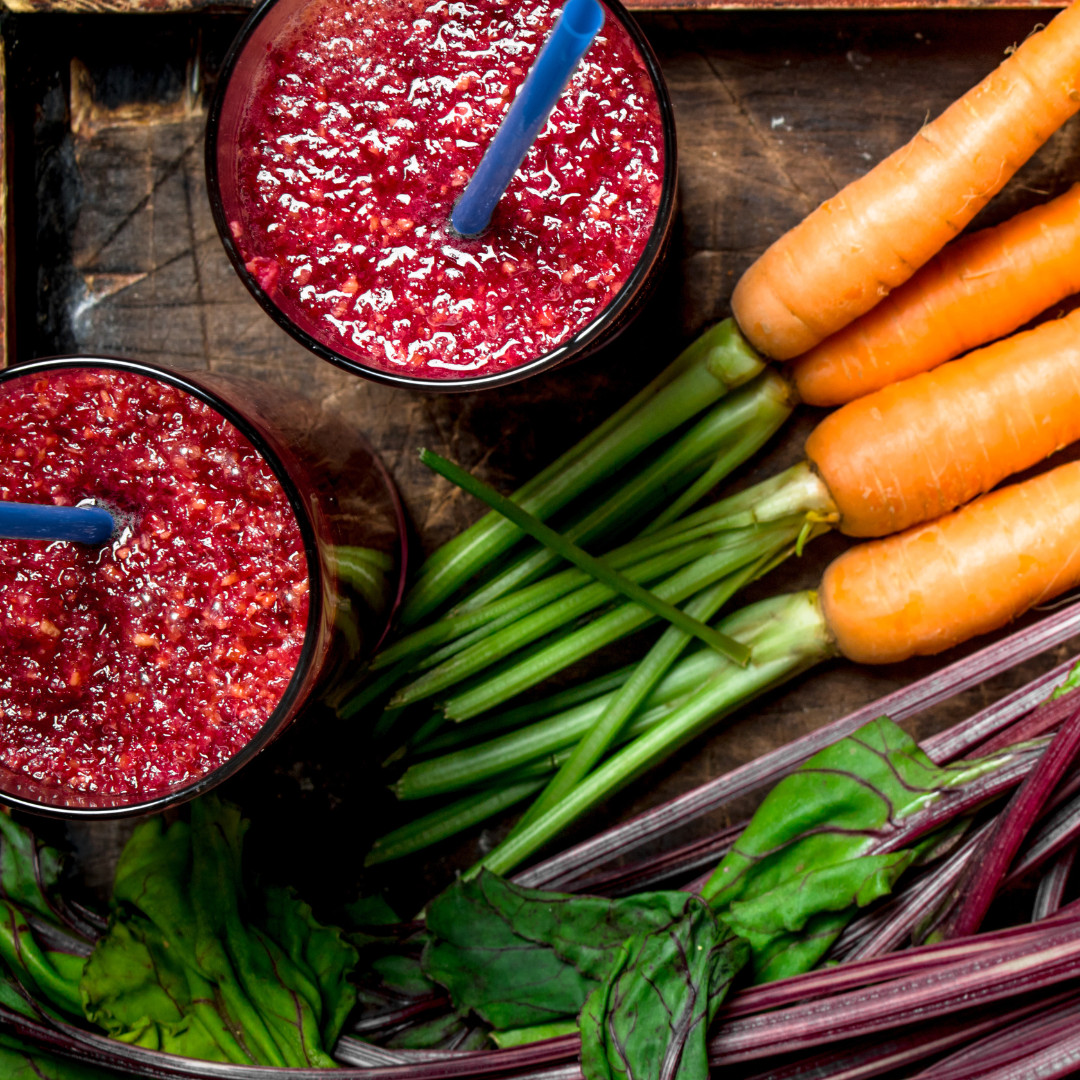

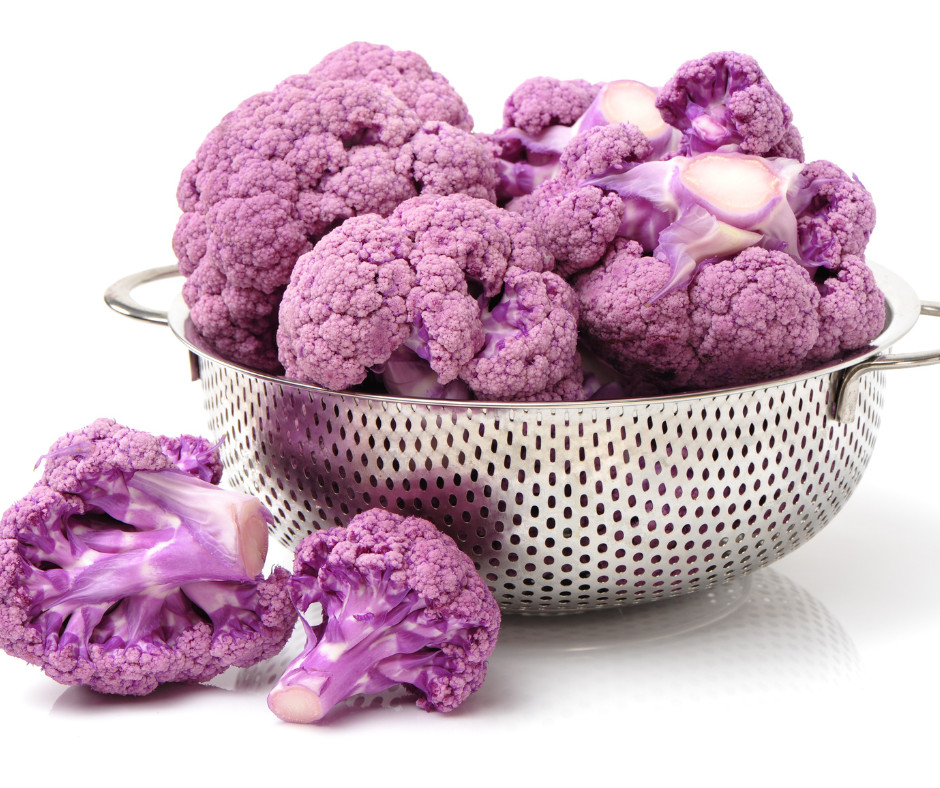
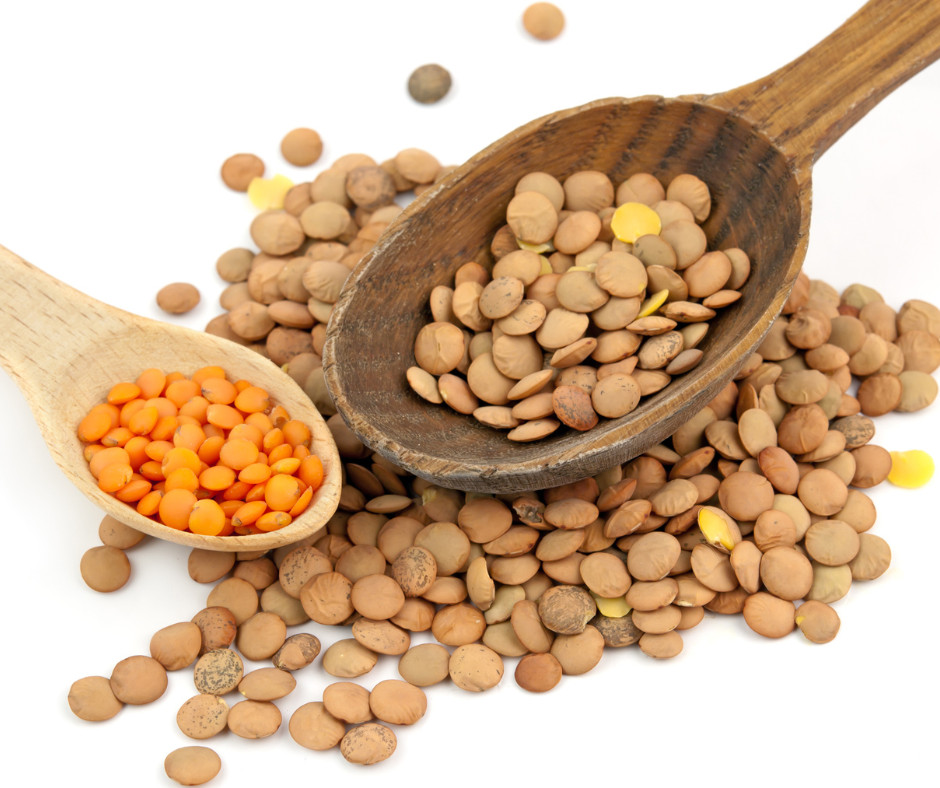
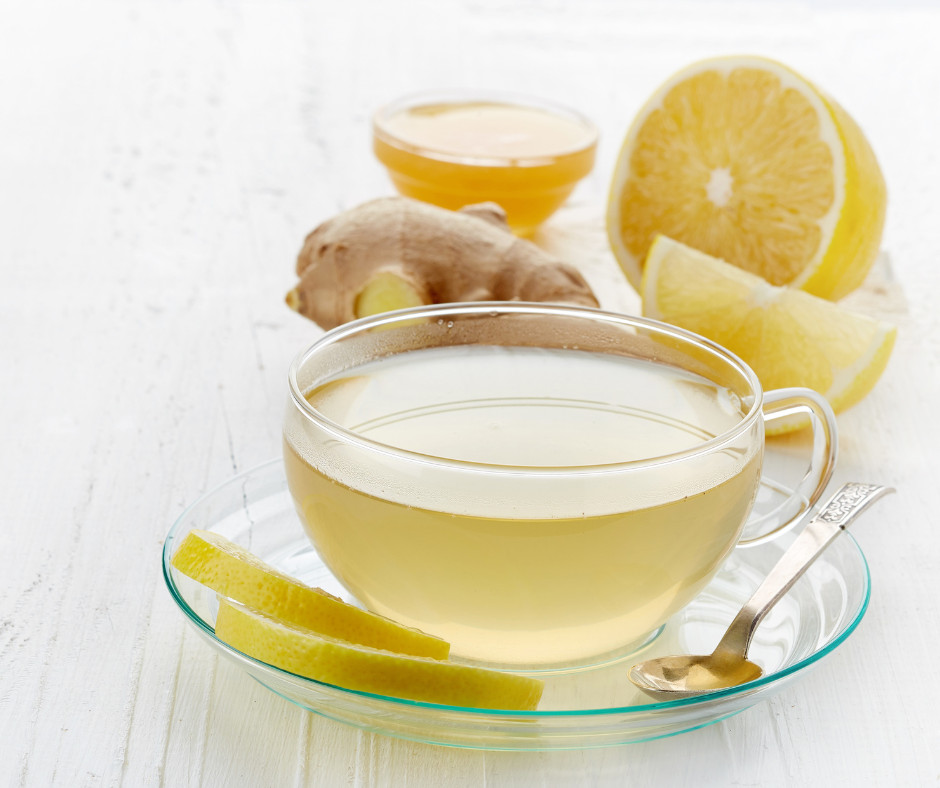





0 Comments